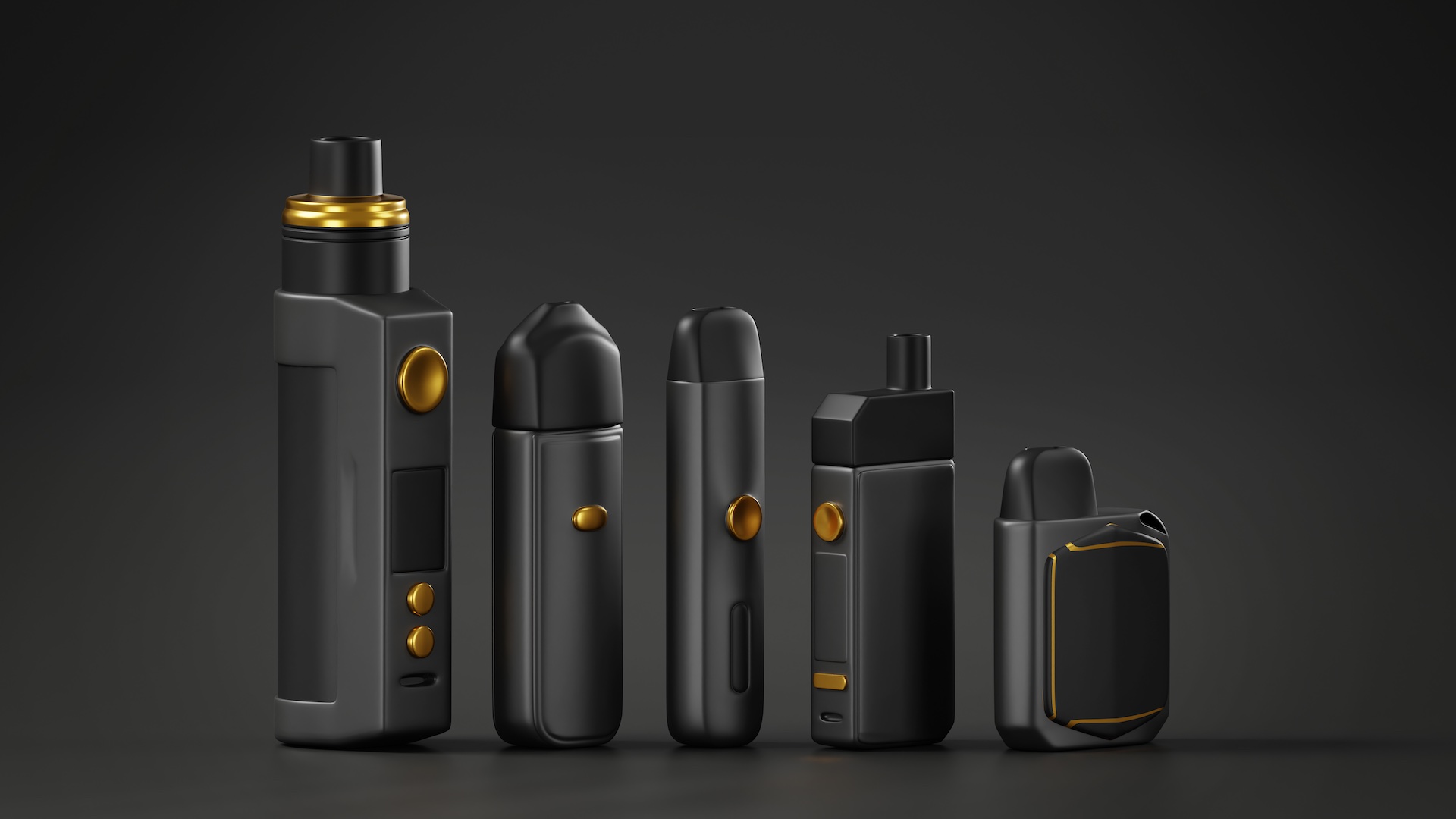In a recent declaration, the World Health Organization (WHO) has strongly advocated for a global prohibition of flavored e-cigarettes. This call to action was made in a news release issued on Thursday, emphasizing the need for stringent measures in countries where the sale, importation, distribution, and manufacturing of e-cigarettes are permitted. The WHO’s recommendations include an outright ban on all flavored electronic cigarettes, setting stringent controls on nicotine concentration and quality, and implementing taxes on these products.
The overarching goal is to hinder the initiation of e-cigarette usage and to combat nicotine addiction. The WHO’s release underscores the urgent necessity of regulating e-cigarettes to shield various segments of the population, notably children, non-smokers, and to minimize overall health hazards. It points out that, contrary to some claims, e-cigarettes have not been proven effective for quitting tobacco at a broader population level. Instead, there is growing evidence of their adverse effects on public health.
Supporting this stance, a study conducted by the Centers for Disease Control and Prevention (CDC) in July reveals that e-cigarette usage is notably prevalent among young Americans aged 18 to 24, with more than 1 in 10 individuals in this age bracket regularly using these devices. WHO Director-General Tedros Adhanom Ghebreyesus expressed concern in the release, stating, “Kids are being recruited and trapped at an early age to use e-cigarettes and may get hooked to nicotine.” He urged countries to enforce strict measures to prevent e-cigarette uptake and protect their citizens, especially children and young people.
Corroborating the WHO’s position, the American Heart Association (AHA) in a July scientific statement highlighted the detrimental effects of e-cigarettes on heart and lung health. Jason Rose, the volunteer chair of the AHA scientific statement writing committee, indicated that even in the absence of nicotine, other components in e-cigarettes, particularly flavoring agents, are independently associated with risks of heart and lung diseases. This assertion is backed by both in vitro studies and research on individuals exposed to chemicals in commercially available e-cigarette products.
The impact of e-cigarettes and vaping on lung health has been a growing concern, particularly as these products continue to gain popularity. While traditional smoking remains a major cause of lung cancer, there is increasing evidence about the health risks associated with e-cigarettes, including the potential for irreversible lung damage and lung disease. The American Lung Association has highlighted the dangers of e-cigarettes, noting that they contain and emit potentially toxic substances.
There is moderate evidence suggesting that youth who use e-cigarettes are at an increased risk for coughing, wheezing, and exacerbations of asthma. Additionally, a study from the University of North Carolina found that the primary ingredients in e-cigarettes – propylene glycol and vegetable glycerin – are toxic to cells, and the more ingredients in an e-liquid, the greater its toxicity. E-cigarettes also produce dangerous chemicals like acetaldehyde, acrolein, and formaldehyde, which can cause lung disease and cardiovascular disease.
Furthermore, the inhalation of these harmful chemicals can lead to irreversible lung damage. The American Lung Association expresses deep concern about the risk of losing another generation to tobacco-caused diseases due to the rising use of e-cigarettes, especially among youth. Alarmingly, 20% of all youth use e-cigarettes, marking a 135% increase in just two years. This escalation underscores the need for increased oversight and regulation to protect younger generations from the potential long-term health consequences of these products.


